Today, as the clock strikes 1:09 PM on Wednesday, August 27, 2025, Bangladesh pauses to honor the enduring legacy of Kazi Nazrul Islam, the nation’s beloved "Rebel Poet," on the 48th anniversary of his passing. Born on May 24, 1899, in the quaint village of Churulia in West Bengal, Nazrul’s journey from a humble background to becoming a cultural icon resonates deeply with millions across borders.
Nazrul’s life was a symphony of rebellion and harmony. Orphaned at ten after his father’s death, he took on the role of a mosque caretaker to support his family, laying the foundation for his deep-rooted spiritual insights. His early exposure to folk theater and Islamic education shaped a poetic voice that later defied colonial oppression and religious divides. Joining the British Indian Army in 1917, he found inspiration in the struggles of the time, penning his first works while stationed in Karachi.
The year 1922 marked a turning point with the publication of his iconic poem "Bidrohi" (The Rebel), earning him the title "Bidrohi Kobi." This fiery composition, blending Islamic and Hindu motifs, ignited a spirit of resistance against British rule, landing him in prison. His 40-day hunger strike in 1923 became a symbol of defiance, drawing support from luminaries like Rabindranath Tagore.
Nazrul’s creativity knew no bounds. With over 4,000 songs, collectively known as Nazrul Geeti, he wove threads of love, justice, and unity. His compositions, ranging from Islamic nasheeds to Hindu devotional songs, reflected his universal humanism. Naming his sons with both Hindu and Muslim names—Krishna Mohammad, Arindam Khaled—Nazrul lived his belief in communal harmony.
In 1972, a frail Nazrul was brought to Dhaka by the newly independent Bangladesh, where he was declared the national poet. His final years were marked by illness, yet his spirit endured. On August 29, 1976, he passed away at PG Hospital in Dhaka, leaving behind a legacy that continues to inspire. Buried beside the Dhaka University mosque, his resting place remains a pilgrimage site.
As Bangladesh commemorates this day, cultural programs and theatrical performances, like Desh Natok’s staging of "Publicity" and "Ognigiri," bring his stories to life. His words, once a battle cry against tyranny, now echo as a call for peace and progress. On this 48th anniversary, Nazrul’s rebellious heart beats on, reminding us of a poet who turned adversity into art.


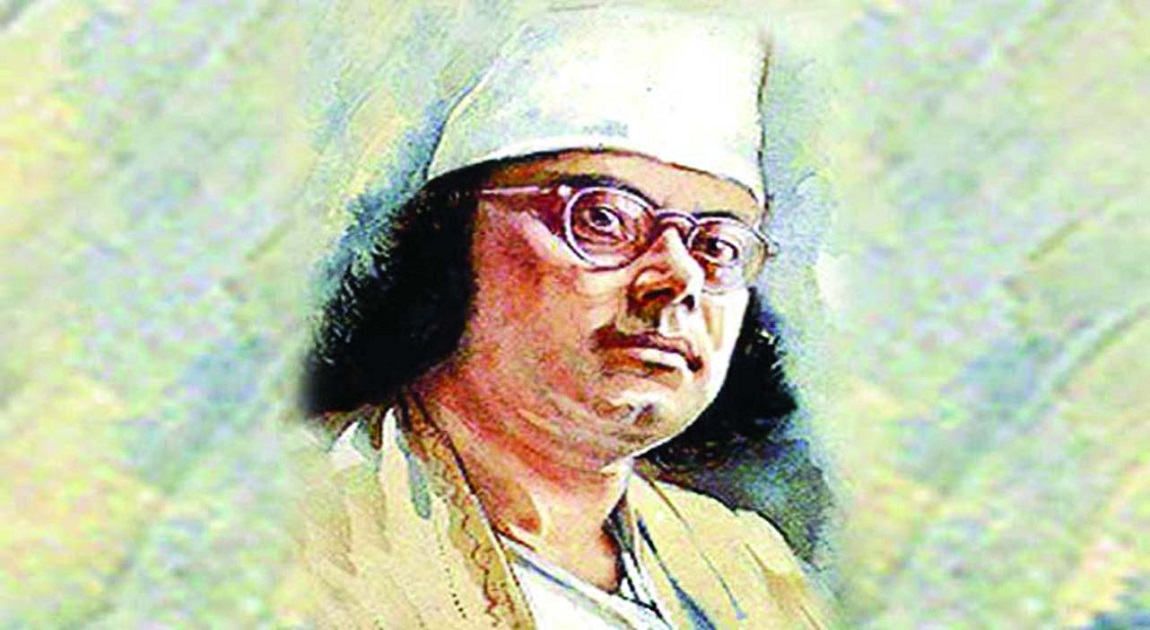

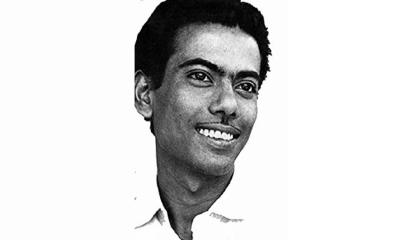
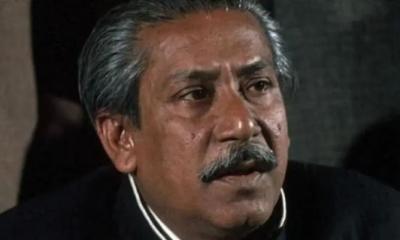
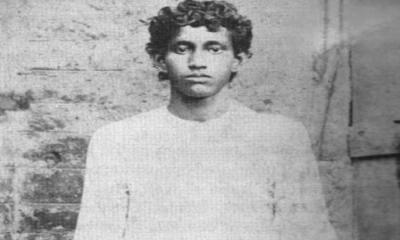
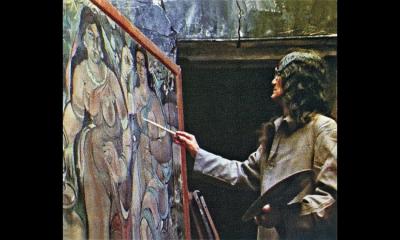

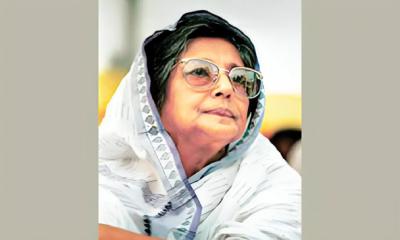




-20260226080139.webp)






-20260225072312.webp)










-20260219054530.webp)
-20260224075258.webp)





-20260221022827.webp)